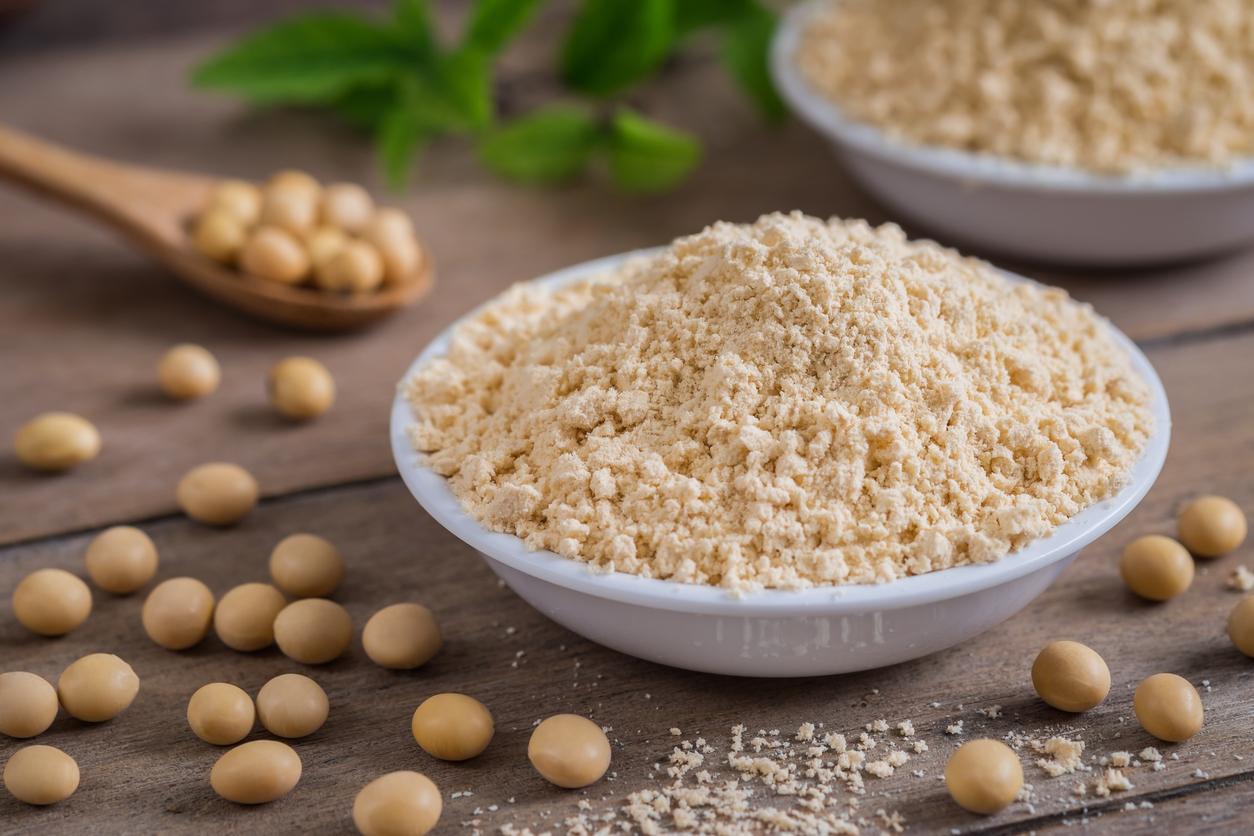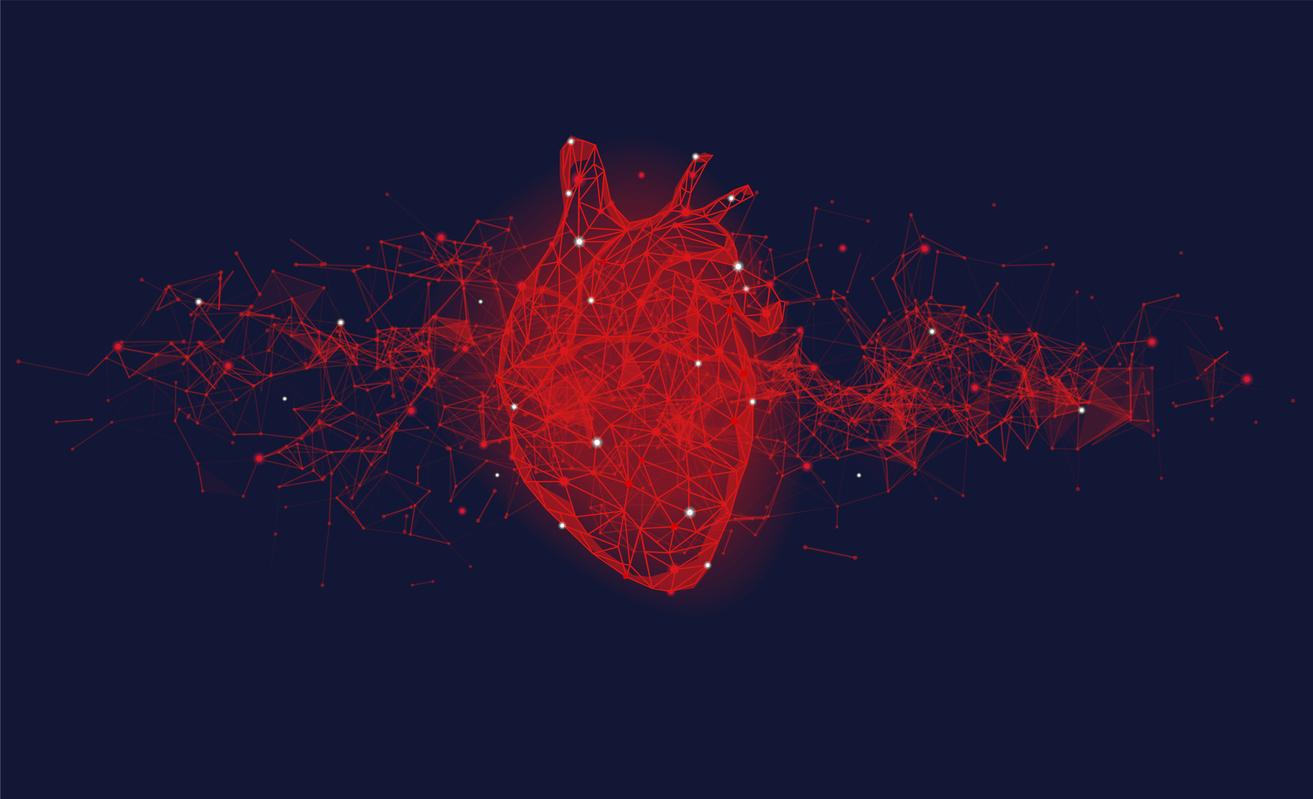A new study shows that a protein found in soy reduces the risk of heart failure by influencing gut bacteria.

- Soy contains a protein called β-CG.
- It increases the production of bacteria, beneficial for heart health, in the intestine.
- These bacteria produce short-chain fatty acids, which are associated with a reduction in cardiovascular risks, including heart failure.
Soy is good for heart health. Many studies have shown an association between low risk of cardiovascular disorders and soy consumption. In Japan, researchers wanted to better understand the links between the plant and heart health. They discovered that soy protein helps reduce the risk of heart failure. This team from Nagoya University presents its results in Clinical Nutrition.
Soy linked to better cardiovascular health
“As part of a healthy diet, soy has long been known for its antioxidant and anti-inflammatory properties, recall the authors in a press release. So, researchers hypothesized that soy protein may help prevent heart damage.” To test their hypothesis, they carried out tests on laboratory mice. The scientists fed rodents, prone to heart failure, with the β-CG protein derived from soy. Then, they observed the changes in their heart health.The mice showed improved heart function, less muscle thickening and reduced scarring of heart tissue, disorders commonly associated with the progression of heart disease.”they conclude.
Secondly, Japanese scientists analyzed the bacteria present in the intestines of rodents. The team identified an increase in three types of short-chain fatty acid-producing bacteria (butyrimonas, marvinbryantia and anaerotruncus). This family of fatty acids has a role in protecting the heart. Researchers also noticed significant concentrations of certain short-chain fatty acids associated with better intestinal health: acetic acid, butyric acid and propionic acid. They then gave the mice antibiotics to reduce the production of these bacteria. “The protective effects of the β-CG protein have disappearedthey observe. This suggests that the intestinal microbiota is crucial for the cardiac protective action of β-CG.” Administration of a sodium propionate, which belongs to the short-chain fatty acid family, to mice had similar effects to the diet rich in β-CG soy protein. For scientists, this reinforces the idea that short-chain fatty acids are a key element in reducing heart damage.

Towards a treatment of heart failure using soy proteins?
“These results suggest that soy protein β-CG helps prevent heart damage, at least in part, by promoting the growth of short-chain fatty acid-producing bacteria in the gut.”conclude the authors. According to them, similar mechanisms could be present in humans.
“β-CG or its derivatives could potentially be developed into therapeutic agents that help prevent or slow the progression of heart failure, providing a more natural solution to a major health problem.”they consider.

















